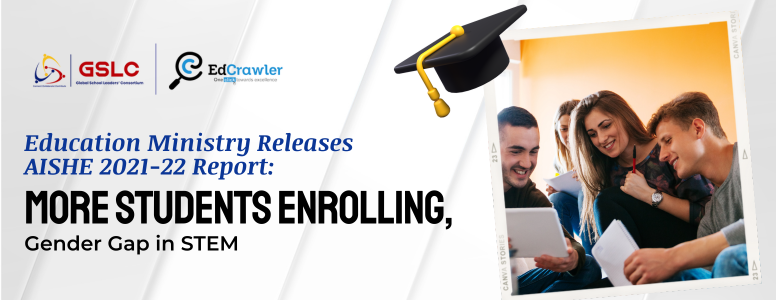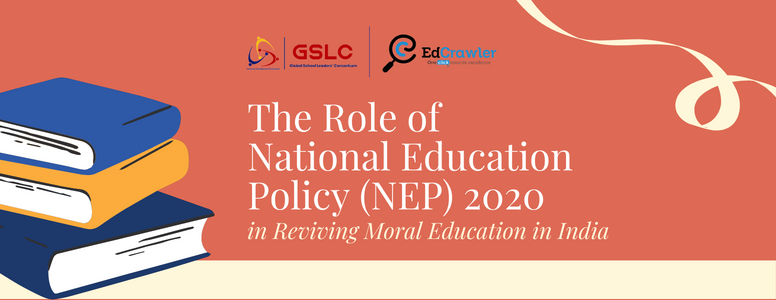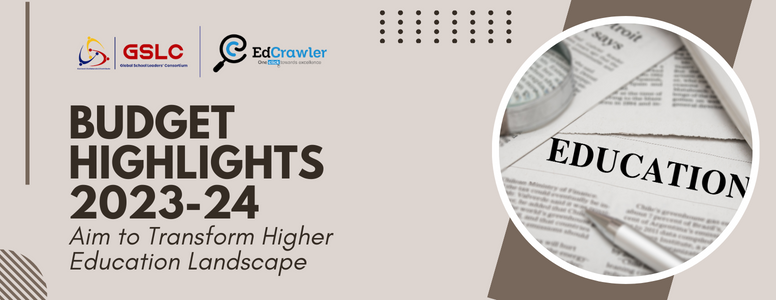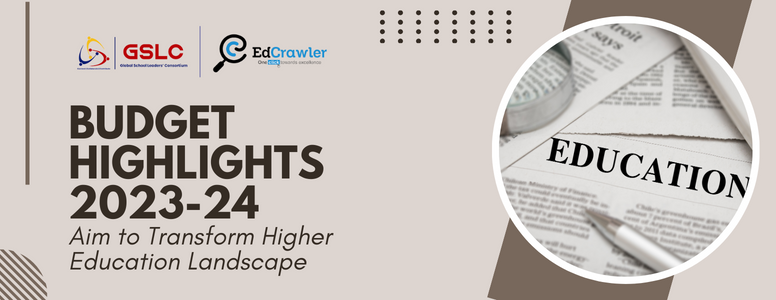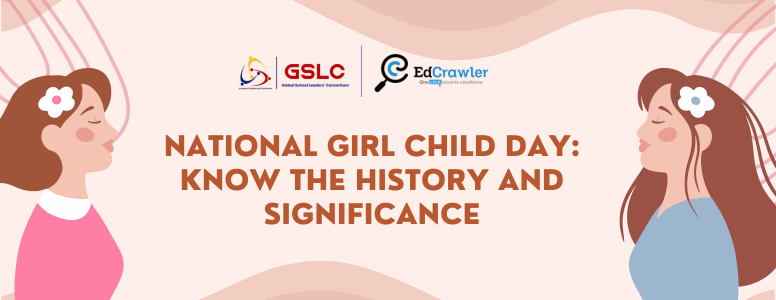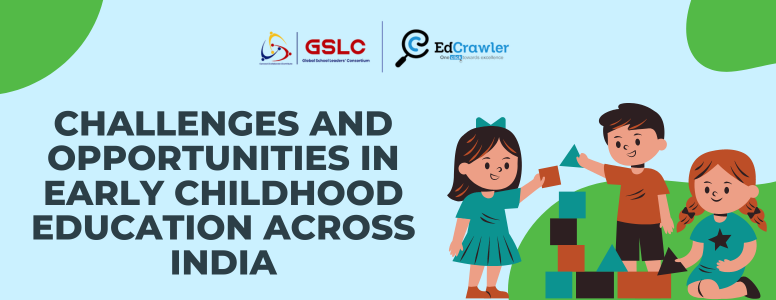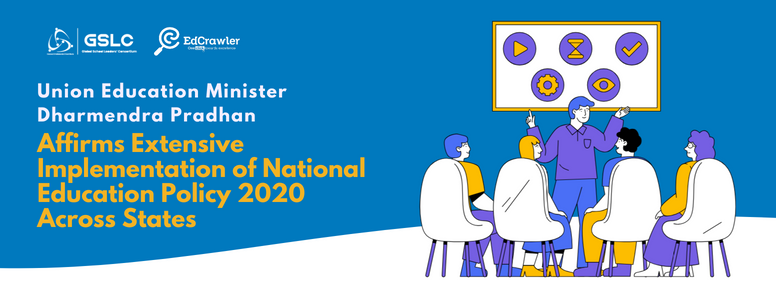Is the 4-Year Undergraduate Program a Blessing or a Curse for Students?
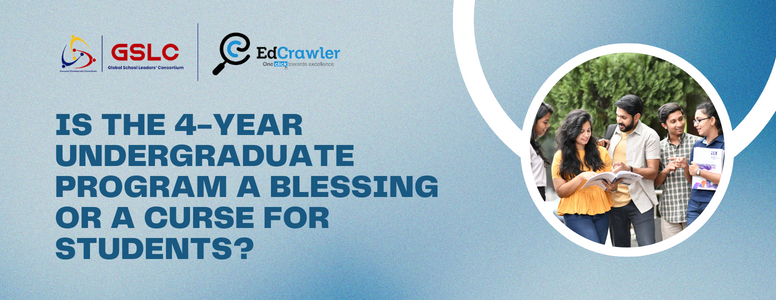
he debate about whether a 4-year undergraduate program is helpful or challenging for students continues to divide experts. Some believe it offers a more comprehensive education and the chance to study abroad, while others think it might create difficulties in learning. In the end, the judgement depends on individual perspectives and goals.
Following the National Education Policy (NEP) guidelines, 150 universities in the country have already adopted a four-year undergraduate program for the 2023-24 academic session. The University Grants Commission (UGC) indicates that an additional 300 educational institutions will introduce this program in the upcoming academic session.
With this four-year program, students can earn an 'Honours' degree with research specialisation, and their postgraduate (PG) course duration will be reduced from 2 years to 1 year. However, this is an optional choice. According to the NEP, students can pick between a 3-year UG degree or a 4-year 'Honours' degree. The new UGC guideline states that students will receive an 'Honours' degree after completing four years instead of three.
During the 4-year program, students will need to undertake a research project. According to the UGC, the curriculum and credit structure of this undergraduate program align with global standards. Achieving international education standards offers Indian students increased opportunities for higher education in American and Western universities. This alignment enhances educational quality and expands educational opportunities abroad.
Education expert CS Kandpal has mentioned that the four-year program can benefit students interested in admission to well-known American universities. However, he emphasises the need to incorporate skills like communication, adaptability, foreign language proficiency, and self-awareness in the program to enhance employment prospects, particularly for students studying abroad.
Experts believe that this NEP undergraduate program could be a valuable opportunity for Indian students to secure seats in prestigious global universities. Dr. Imankalyan Lahiri, a professor at Jadavpur University, believes that from an international perspective, this program is beneficial because most foreign universities offer a 4-year UG course.
However, there are concerns regarding the impact and implementation of this new structure. Many universities, including Jadavpur, are facing challenges due to a lack of the necessary manpower for proper implementation. The program includes sub-sections like value-added and skill-based courses, but offering these courses requires appropriate departments in universities.
Another concern is that in the newly-introduced undergraduate program, students have only one year for post-graduation. This change affects their ability to pursue a full-length MA program, which typically includes more papers than the 1-year program allows.
While the four-year structure may benefit a small percentage of students planning to study abroad at the master's level, it may not suit the needs of all students. Implementing the program poses challenges related to infrastructure and the availability of resources with the required skill sets.
Professor Bhattacharya emphasised that when an institute implements a 4-year program, it must invest in additional classroom and infrastructural facilities. This requires additional infrastructure grants.
He also observed that with the inclusion of compulsory skill enhancement courses, there has been a notable reduction in 'Honours' coursework, suggesting a shift in focus from research-based higher education to skill-based training.
Dr. Krishnakumar mentioned that the success of the NEP-proposed 4-year program and its value-added courses depends on how they are implemented across different universities. The impact may vary depending on the content, and more time is needed to reach a conclusive opinion.
In summary, the implementation of a four-year undergraduate program has both advantages and disadvantages, particularly for students aiming to study abroad and acquire skill-based knowledge for today's evolving job market. However, ensuring proper infrastructure and resources is crucial to achieving its intended purpose.

